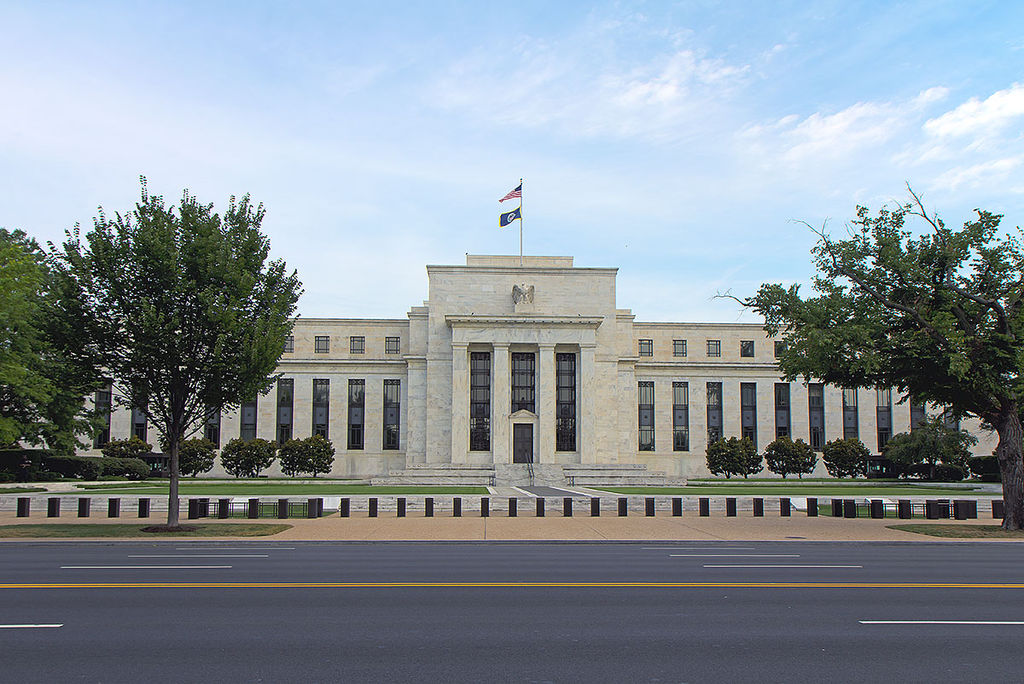El Salvador set a major milestone in the crypto industry when it became the first country to grant legal tender status to Bitcoin (BTC) alongside the U.S. dollar. However, the International Monetary Fund believes that such a move could be risky to the economy.
The IMF made its stance in its Global Financial Stability Report released on Tuesday, October 12. The Washington D.C.-based international financial institution said that “cryptoization,” the use of cryptocurrency by a country, might not be the best route for countries wanting to boost their economies.
“The adoption of a crypto asset as the main national currency carries significant risks and is an inadvisable shortcut,” the IMF said.
The volatility of crypto prices could introduce instability in a country’s financial markets. “Adrian and Weeks-Brown (2021) discuss such risks to macro-financial stability, financial integrity, consumer protection, and the environment,” the IMF added. “For now, the probability of such a scenario occurring due to a choice of households and businesses is low for most countries, given that the value of non-stablecoin crypto assets is too volatile and unrelated to the real economy to become the main unit of account.”
Another concern raised by the IMF is that increasing crypto adoption could worsen capital outflow scenarios. “Increased demand for crypto assets could facilitate capital outflows that affect the foreign exchange market,” the international financial institution said. “Crypto exchanges play the crucial role of facilitating the conversion of local currency to crypto-assets and vice versa. The natural demand and supply for conversions can easily become unbalanced over the 24/7 trading period of crypto-asset markets.”
Cryptoization might also affect a country’s banking industry. “The banking sector can also come under pressure if the crypto ecosystem becomes an alternative to domestic bank deposits or even loans,” the IMF noted. “Stronger competition for bank deposits through stablecoins held on crypto exchanges or private wallets may push local banks toward less stable and more expensive funding sources to maintain similar levels of loan growth.”
The IMF offered some suggestions to minimize the risks of cryptoization. These include enacting policies to inhibit the growing demand for cryptocurrencies, strengthening monetary policy, and implementing “effective legal and regulatory measures to disincentivize foreign currency use,” according to Coindesk. The bank added that developing central bank digital currencies (CBDCs) could reduce the need for crypto.

























Comment 5